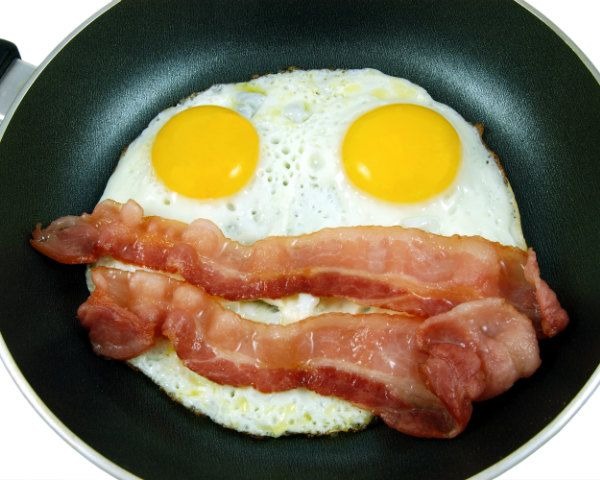Saturated Fat Is Not A Villain, Experts Say
In order to stop being fat, you'll have to stop eating fat. Makes sense, right? This common finger-wagging diet touchstone is still lurking around in fad diets. But in an op-ed piece called "The Last of the Anti-Fat Crusaders" in The Wall Street Journal, and in her numerous writings on the subject, Nina Teicholz is here to tell us that our saturated fat-shaming is not a good idea, and that low-fat diets are based on pseudo-science.
Why? Not all fats are created equal. We have all heard that omega-3 fatty acids are great for our health, but it's only recently, says Teicholz, that scientists have stopped placing the blame on saturated fats. In the past, dieticians have warned us to stay away from saturated fats and consume unsaturated fats instead like soybean and vegetable oils. But recent studies have shown that these types of highly processed oils greatly increase our risk for cancer.
The USDA has started to shy away from vilifying fats, and does not mention limiting fat in its latest decennial dietary guidelines. But even so, most people are unaware of the recent shift in nutritionist recommendations.
"The most hopeful path lies in a different direction: An enormous trove of research over the past decade has shown that a low-carbohydrate regime consistently outperforms any other diet in improving health," writes Teicholz. "At least two-dozen well-controlled diet trials, involving thousands of subjects, have shown that limiting carbohydrates leads to greater weight loss than does cutting fat."
For the latest happenings in the food and drink world, visit our Food News page.
Joanna Fantozzi is an Associate Editor with The Daily Meal. Follow her on Twitter @JoannaFantozzi
